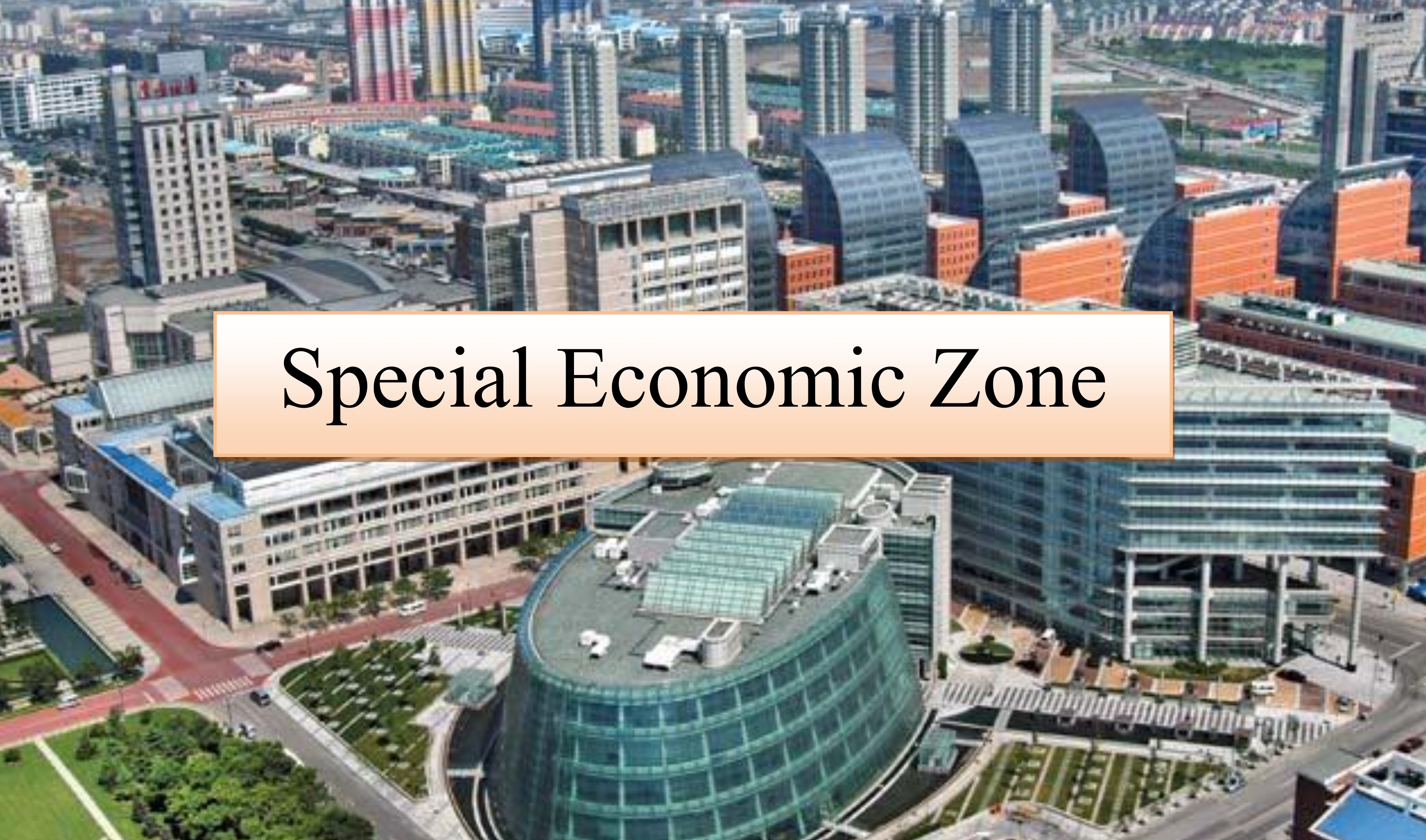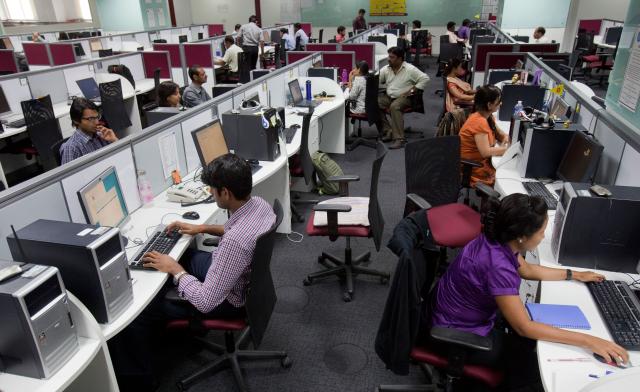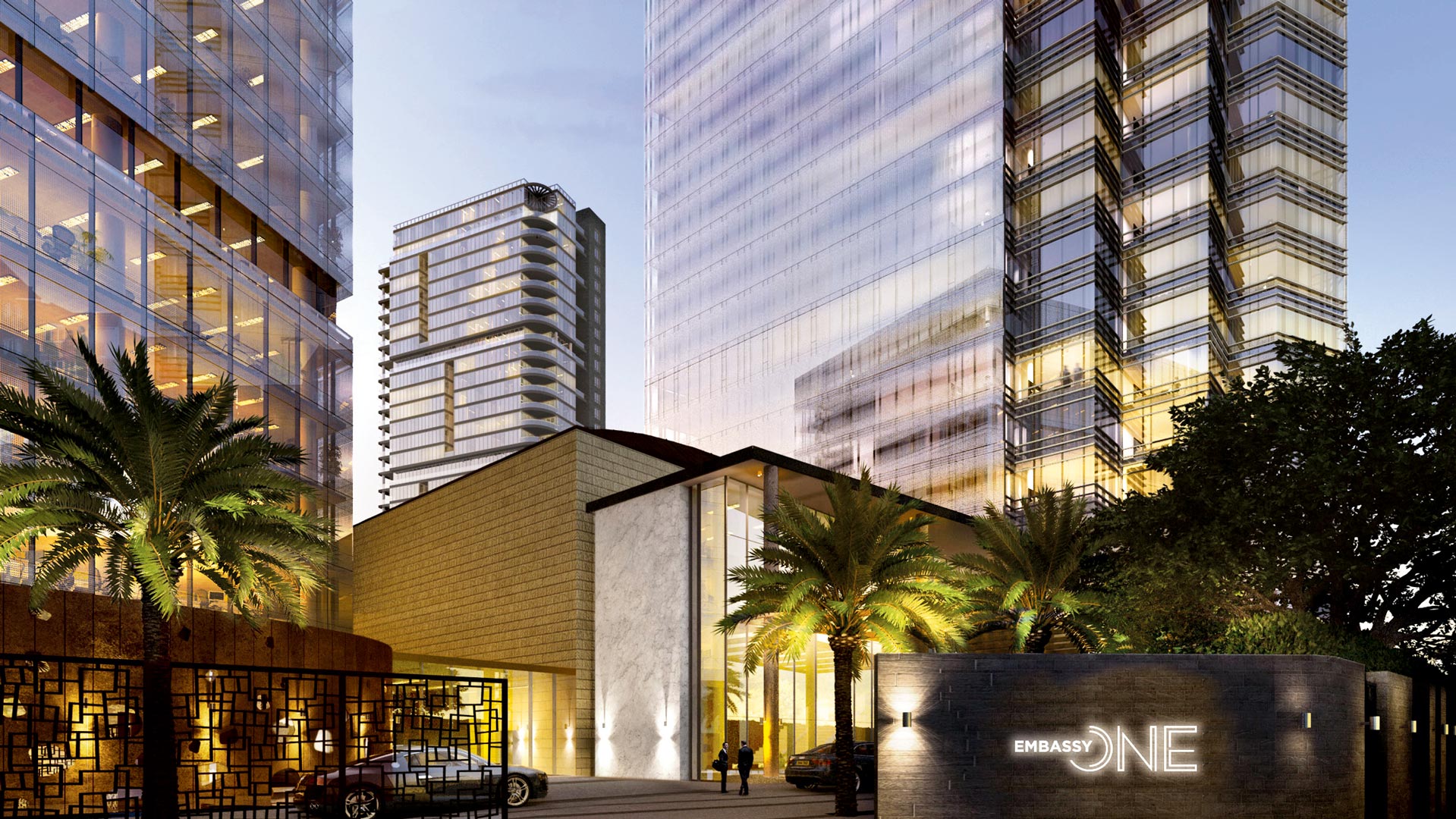
More than 40 million sq ft of multi-tenanted IT SEZ space to completion by 2020
The uncertainty regarding the continuity of fiscal incentives is an area of growing concern among various stakeholders of Special Economic Zones (SEZs). Although, more than 40.0 million sq ft of new supply is scheduled for completion by 2020, which is currently mandatory to qualify for the companies to get income tax benefits in SEZs, it seems unlikely for all the projects to complete construction by then.








